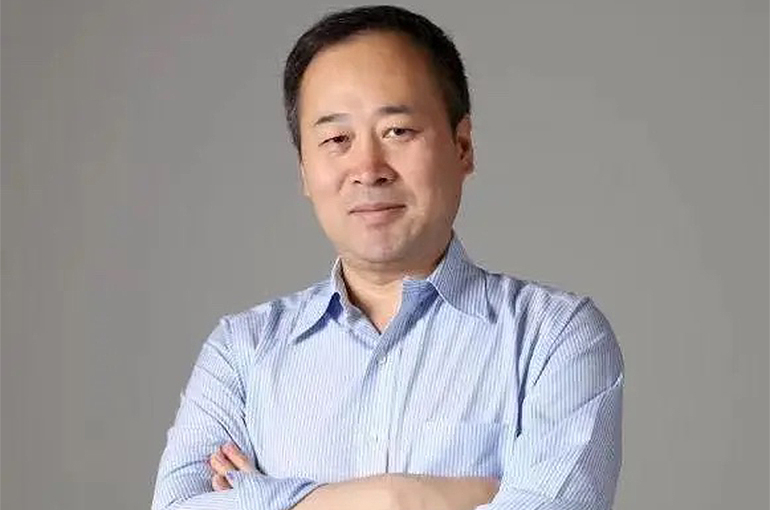 China Should Target 5% or More Economic Growth Next Year, Top Economist Says
China Should Target 5% or More Economic Growth Next Year, Top Economist Says(Yicai) Dec. 28 -- China should set next year’s economic growth target at 5 percent or higher because despite bigger challenges and pressure than this year, such a goal can be reached with appropriate policies and hard work, according to a prominent economist.
Five percent growth is important to increasing disposable incomes and ensuring stable employment, Teng Tai, who is also director of the Wanb Institute, told Yicai.
Though China faces severe challenges from lower exports, shrinking real estate investment, and a fall in private investment, the country can still hit its growth target of about 5 percent for this year, mainly driven by consumption and last year's low base, Teng noted.
GDP expanded 5.2 percent in the nine months ended Sept. 30, according to the National Bureau of Statistics. The NBS is scheduled to release the fourth-quarter and annual GDP figures for 2023 on Jan. 17.
To achieve 5 percent or more next year, China needs higher consumption and exports along with more private investment, Teng pointed out. A proactive fiscal policy and loose monetary policy are also still needed to ease corporate financing costs, Teng added.
As China's future economic growth should be mainly driven by consumption, it needs to start reforming the national income and expenditure structure as soon as possible to realize the transition to consumption-driven from investment-driven growth, Teng said.
The key is to save around CNY20 trillion to CNY30 trillion (USD2.83 trillion to USD4.24 trillion) of inefficient, ineffective, and excess investment each year, and convert it into disposable incomes and subsequently into consumption, according to Teng.
China also needs to reform the supply structure, Teng added, noting that the traditional economy, including real estate and infrastructure, has seen supply gluts and cannot be relied upon as the main economic driving force.
China should rely on new technologies and products, such as artificial intelligence and the metaverse, to create fresh demand through new application scenarios and experiences, Teng said.
Editors: Tang Shihua, Martin Kadiev